On Air Now
The Evening Show with Dan O'Connell 7pm - 10pm
29 September 2024, 12:00
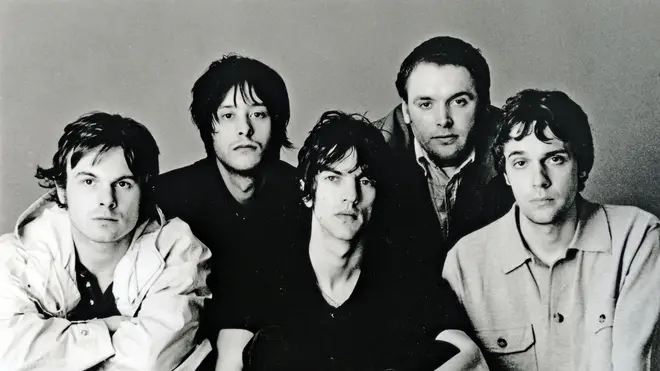
Richard Ashcroft and co released their third, iconic studio album on 29th September 1997. But do you know everything there is to know about the seminal record?
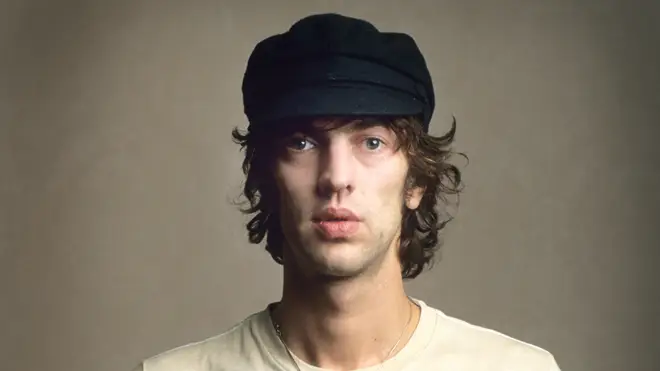
Richard Ashcroft claims his original plan was to release the songs he wrote for Urban Hymns under his own name, but he was “fearful” of going it alone.
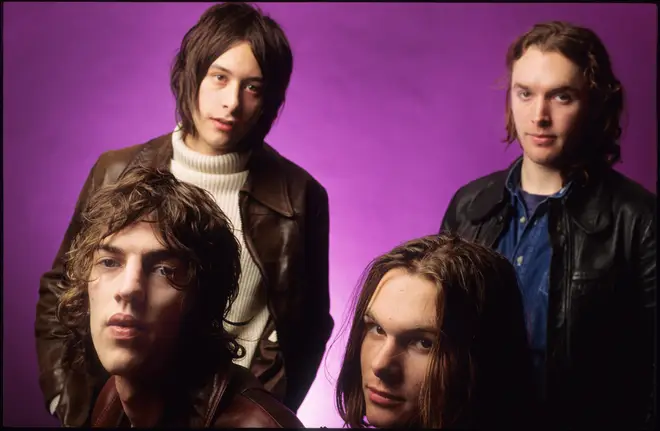
Following an an acrimonious split after they released their A Northern Soul (1995) album, Ashcroft reformed the group with Simon Tong on guitar in 1996. But when recording started on the new record, he soon realised he needed original guitarist Nick McCabe’s unique style on guitar to complete The Verve’s sound. Tong still remained on guitar, keyboard and organ, turning the band into a five-piece.

Gomez - 78 Stone Wobble
Ashcroft and co’s third studio album album was recognised alongside the likes of Pulp’s A Different Class and Massive Attack’s Mezzanine, but they eventually lost to Gomez’s Bring It On.
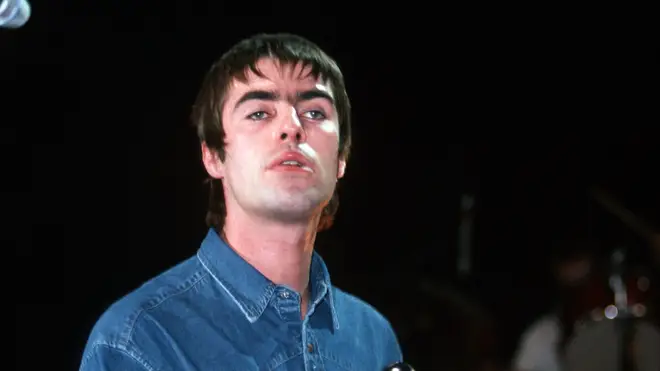
The Oasis legend provides backing vocals on Come On and handclaps on Space and Time.
According to Ashcroft, Gallagher goes absolutely “ballistic” towards the end of Come On, screaming and smashing the tambourine against the recording booth walls.
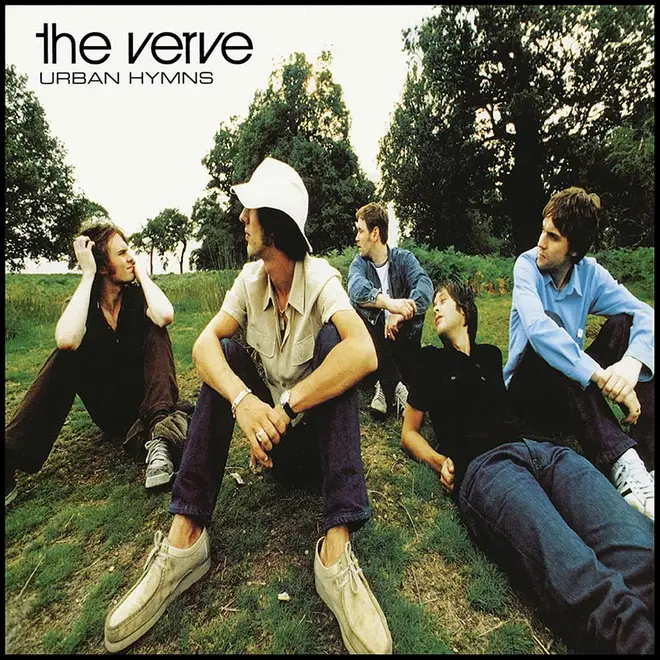
The now famous Britpop-era artwork designer came from the same place as The Verve and thought the Wigan band were going to be huge.
Cannon - who also designed their first two records - was told by Ashcroft himself he just wanted the fans to “just listen to the f**king record,” which explains its simplicity.
Cannon's former girlfriend knew Ashcroft from school, and met the singer at a house party. "He was quite a bit younger and we just got chatting and he says 'Oh well, I'm getting a band together, when we get signed I'd like you to do our artwork".
The designer told BritPopCast: "Two years later I'm at a petrol station in Wigan at six o'clock in the morning looking for a pint of milk. Up pulls this car and these sort of lads get out and one of them is Richard Ashcroft and he remembered me! He said 'You're that record sleeve guy.'"I'm like, 'yeah you're that spotty-faced student!' He's like, 'We've just been signed to Virgin Records. If you want the gig you've got it. Get in touch with our manager'."
Ashcroft told The Guardian in 2010: "Charlie had seen it all. He'd been in the one-bedroom flat, refusing to pee in the back yard because it was so small; he had me running down Chiswick High Road trying to get to the park before he shat on the pavement; he lived the life from Essex to the Gloucestershire country house; he saw the whole story, Charlie."

Massive Attack - Unfinished Sympathy
Malone had previously arranged the strings for Massive Attack's classic 1991 single Unfinished Sympathy. His other clients include Take That, Depeche Mode, London Grammar, Embrace, Skunk Anansie and many, many more.

The Verve - Sonnet
Speaking to Radio X, Ashcroft agreed the ballad was “powerful” and “beyond him”, but initially the band didn’t even want to release it.
It came about as a result of their record label asking them to put out a fourth single from the album - an idea which the band weren't on board with at first because they didn’t want to milk it.

Richard Ashcroft on The Verve's Sonnet

The Verve - The Drugs Don't Work
The iconic track reached No.2 on the UK singles charts while The Drugs Don’t Work scored a UK No.1. This is probably just as well considering their huge legal battle with The Rolling Stones’ former management, which saw Ashcroft lose millions of pounds worth of royalties and Mick Jagger and Keith Richards added to the Bitter Sweet Symphony songwriting credits.
However Ashcroft isn’t too bitter about Bitter Sweet nowadays, calling The Rolling Stones - who he supported on their 2018 No Filter tour Manchester date - an “institution”.
The Stones have since allowed Richard Ashcroft to be credited as a songwriter on his iconic track.

Come On / Deep Freeze (Hidden Track)
The final track on the CD is Come On... after which there's six and a half minutes of silence, then an extra, unlisted song called Deep Freeze.
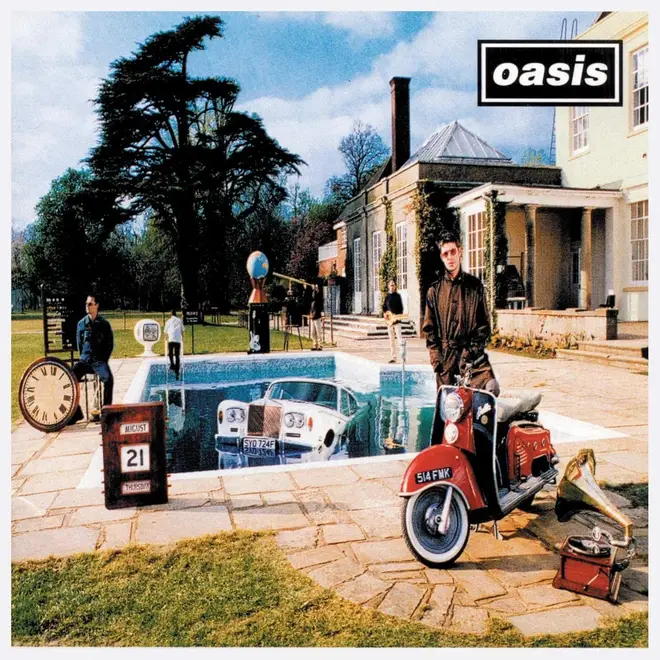
The third Oasis album has topped the charts for four weeks in August/September 1997, before being replaced by Ocean Colour Scene's Marchin' Already for one week. Be Here Now made its way back to No 1 for a further week, before Urban Hymns sent the Gallagher brothers back down the Top 40. The Verve spent five consecutive weeks at the top, and returned to No 1 again in January 1998.